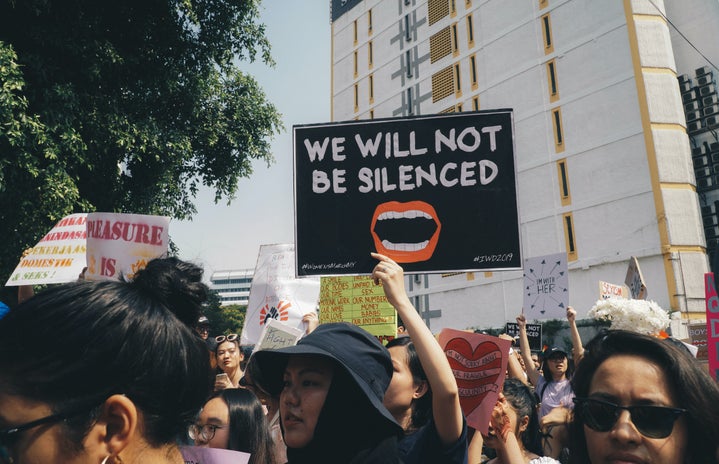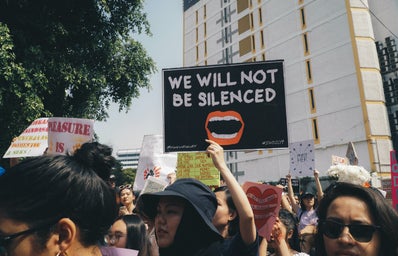“Women drag meetings for too long.” Sounds familiar, doesn’t it?
In early February, former Tokyo Olympics chief, Yoshiro Mori, complained during a meeting about how women speak for too long during meetings. Mori also added that 「誰かが手を挙げると、みんな発言したがる。女性というのは競争意識が強い」, roughly translating to: “If one (woman) raises (her) hand, other people have something more to add on. Women are known for their strong sense of rivalry”. Mori’s sexist comment angered many individuals on a global scale, eventually leading him to resign as the Tokyo Olympics chief.
Mori apologized for his sexist remarks that caused a “chaos”, and even defended himself by saying that he works with women much more than men. Now, this only sparked more anger and controversy. The reasons why are broken down below.
1. Mori most likely doesn’t understand why an apology was necessary.
Mori’s apology was: “my inappropriate remarks have caused chaos, and I would like to express my deepest apologies to the members of the council and executive board, as well as the entire community”. Although some praised him for taking initiative to apologize and resign from his position, it’s very unlikely that he understands the gravity of his comments that required his so-called “deepest apologies”. Mori was called out for his sexist and ignorant comment on women, not for the “chaos” he caused throughout social media platforms. It is as if Mori still supports the idea that women are chatter-boxes in meetings, when perhaps these women are providing informative and refreshing ideas for the Olympics— hence why meetings extend.
2. It damaged the image that the Olympics wished to uphold.
The Olympics’ mission statement is to not only ensure the celebration of the games, but to also encourage sport by everyone in a society regardless of one’s sex, age, social background or economic status. Sadly, Mori easily tarnished this goal because of his comments. Thanks Mori.
The Prime Minister of Japan, Yoshihide Suga, suggested that the next chief should be a woman, as a sign to show progress within the Japanese government and society. As a result, Seiko Hashimoto, has been appointed as the new chief for the Tokyo Olympics. Hashimoto is a Japanese politician, and was the former Minister for the Tokyo Olympics and Paralympic Games. Additionally, she was also an Olympian herself as a speed skater and track cyclist. Having an experienced female leader will hopefully bring Japan closer to a gender-equal society and slowly eliminate misogynistic point of views under both social and political lens.
3. He said he’s sorry, then he went back to defending himself
An apology consisting of excuses is not a real apology. Mori said that he did not mean any harm towards women, and further blamed the media for “broadcasting it in that way”. He further defended himself by pitying women on how he had to appoint more women so their voices can be heard.
How ironic of him.
Under Mori’s power, the organizing committee’s executive board had a female membership of only 20%. Whereas under Hashimoto’s control, the number of women increased to 42%, creating a gender equal environment to discuss the Olympics. If Mori really worked well with women and wanted their voices to be heard, he wouldn’t have said that women are at fault for extending meetings. It’s honestly as simple as that.
Although it is very refreshing and heartwarming to see more women actively taking part in the preparation of the Tokyo Olympics, Japan’s approach towards gender equality and sexuality is still very minimal. Much more needs to be done, such as normalizing women having full-time jobs, appointing more female members in the National Diet, and etc. We could either wait and hope for a generational change to come, or we could make a change now. To do this, we must spread awareness about sexism and feminism amongst Japanese society to encourage women to take control of their own lives and voices. The decision is up to you.
And also, keep talking. Don’t let anyone tell you that “you talk too much”. You probably aren’t talking enough.


